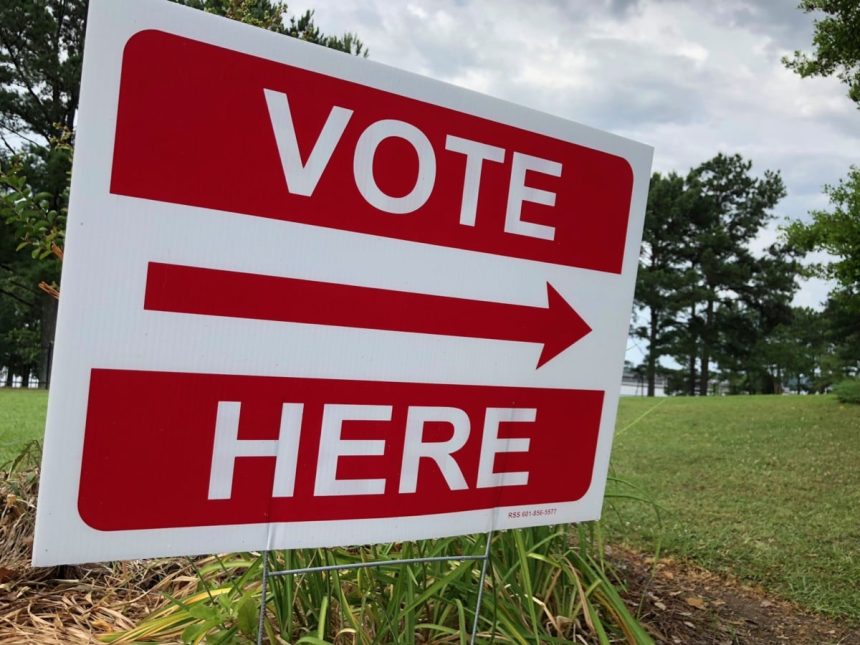A U.S. District Court has placed a hold on a piece of legislation that would ban ballot harvesting across the Magnolia State.
Judge Henry Wingate handed down the order on Tuesday, stating that the recently enacted Senate Bill 2358 does not provide adequate parameters on what individuals will be allowed to collect ballots throughout the state.
Signed by Governor Tate Reeves in March, SB 2358 enacted penalties on individuals throughout Mississippi who are found guilty of improperly collecting absentee ballots.
The bill lists several exceptions for election officials that are authorized to collect the ballots while engaged in official duties, including:
- An employee of the United States Postal Service
- Any other individual who is allowed by federal law to collect and transmit United States mail
- A family member, household member, or caregiver of the person to whom the ballot was mailed
- A common carrier that transports goods from one place to another for a fee; no parcel shall contain more than a single ballot
If violated, the law allows individuals to be sentenced to up to one year in county jail, as well as receive a fine of up to $3,000.
Wingate explained in the order that the legislation does not provide a definition for any of the above terms while exempting “election officials, employees of the United States Postal Service in their official duties, any other individual who is allowed by federal law to collect and transmit United States mail while engaged in their official duties, and common carriers that transport goods for a fee.”
He argued that although acknowledges the legislature’s efforts to preserve the integrity of the state’s election process, the bill may “prohibit voters who are disabled, blind, or have limited ability to read or write from receiving assistance from the person of their choice.”
“The voting polls are expected to extend outstretched hands of welcome and provide unfettered access to conscientious citizens anxious to enjoy “participatory democracy”- whether those citizens be among the vulnerable and the disabled,” Wingate wrote.
Mississippi law currently allows for those ages 65 or older, who are out of town on Election Day, or have physical disability to qualify for absentee voting.
Wingate added that when questioned by the court, defendants were “unable to provide any data illustrating whether Mississippi has a widespread ballot harvesting problem.”
Reeves addressed the judge’s ruling on social media, stating that he believes Mississippi should be able to have high election integrity while making it easy for residents to vote.
“Political operatives should not be collecting countless numbers of ballots,” Reeves wrote on Twitter. “We all saw how some groups abused ballot harvesting in recent years, and we will NOT allow that to happen in Mississippi. We’ll continue to work every day to secure Mississippi’s elections so that you can be confident in the integrity of the results.”








